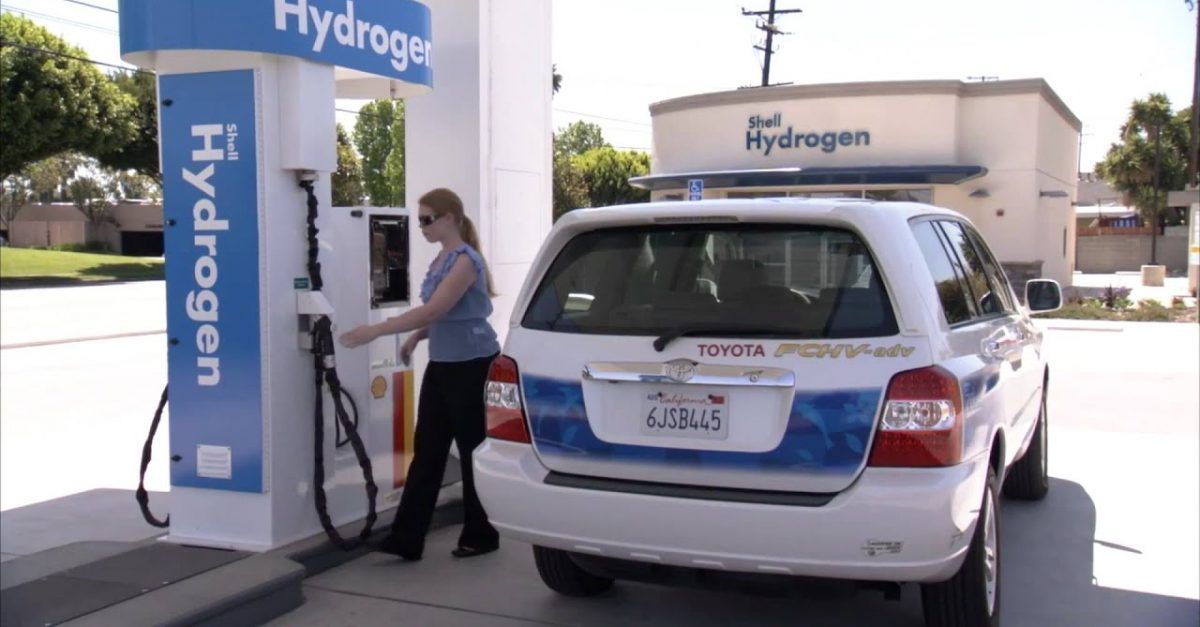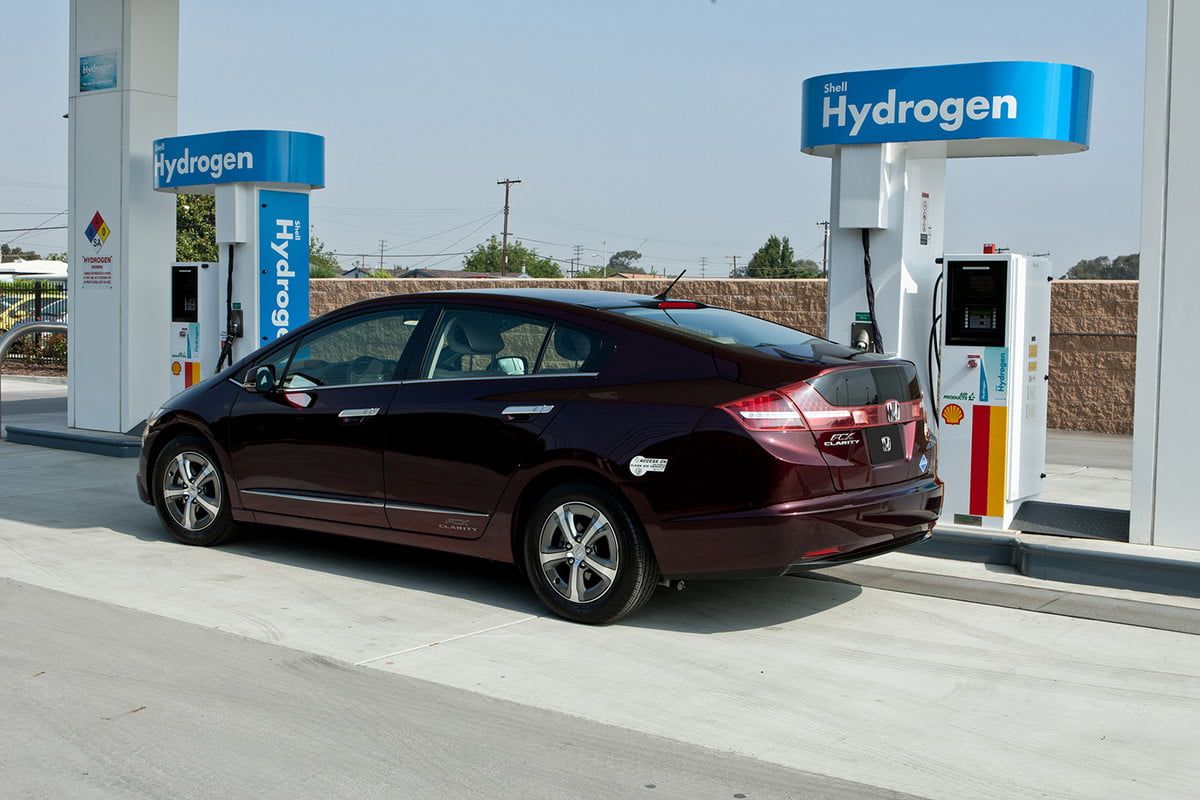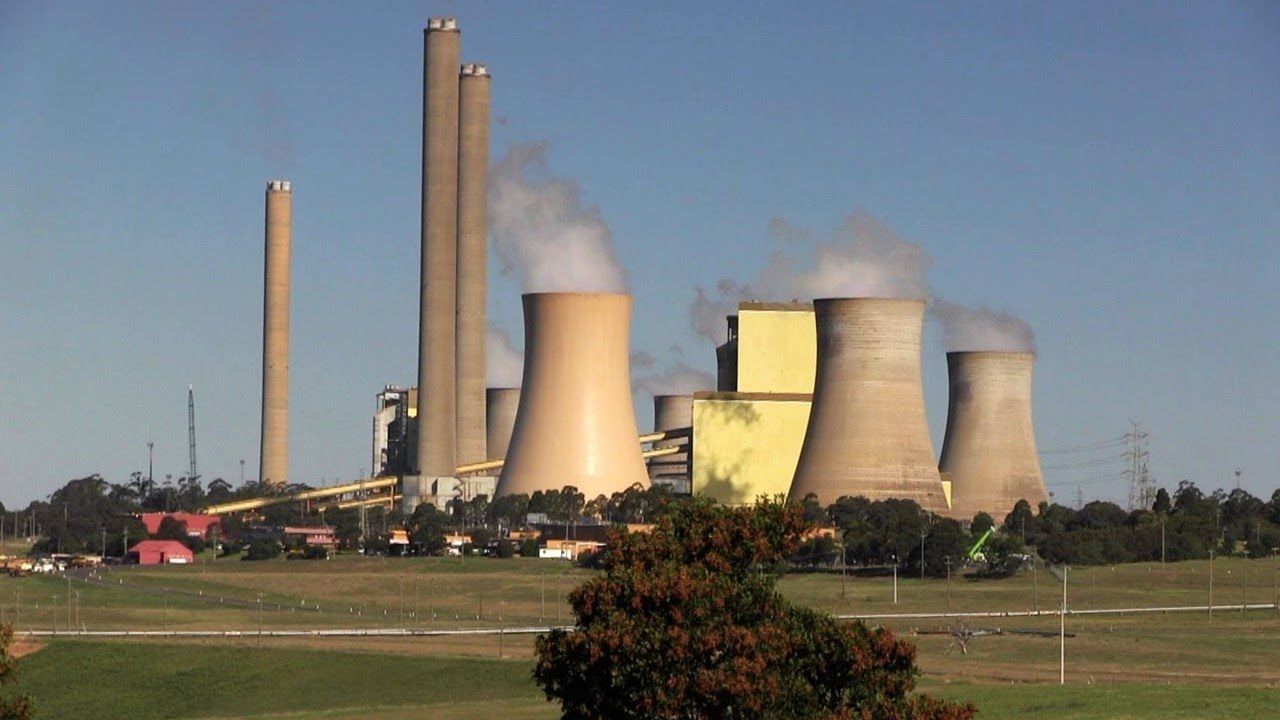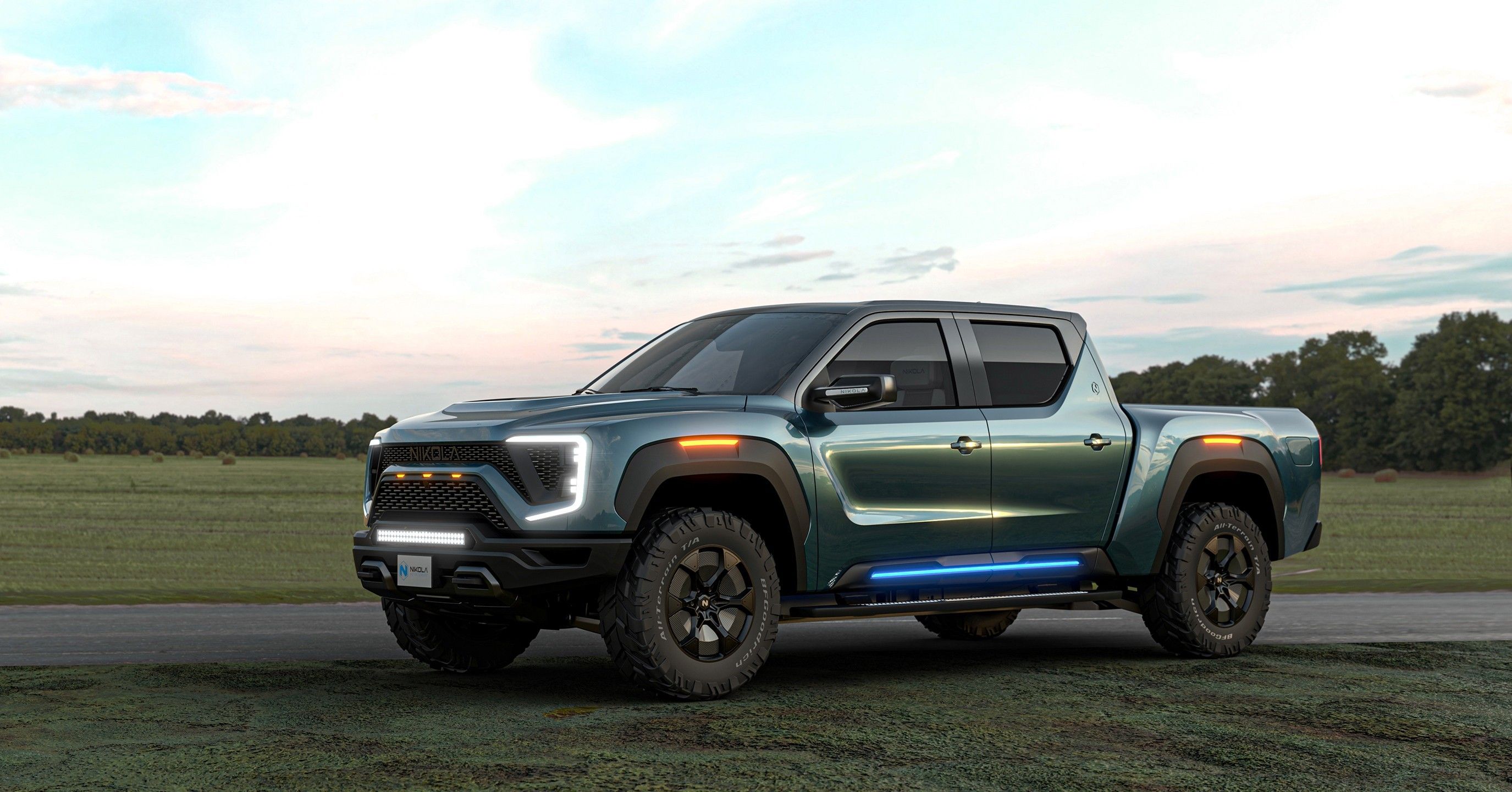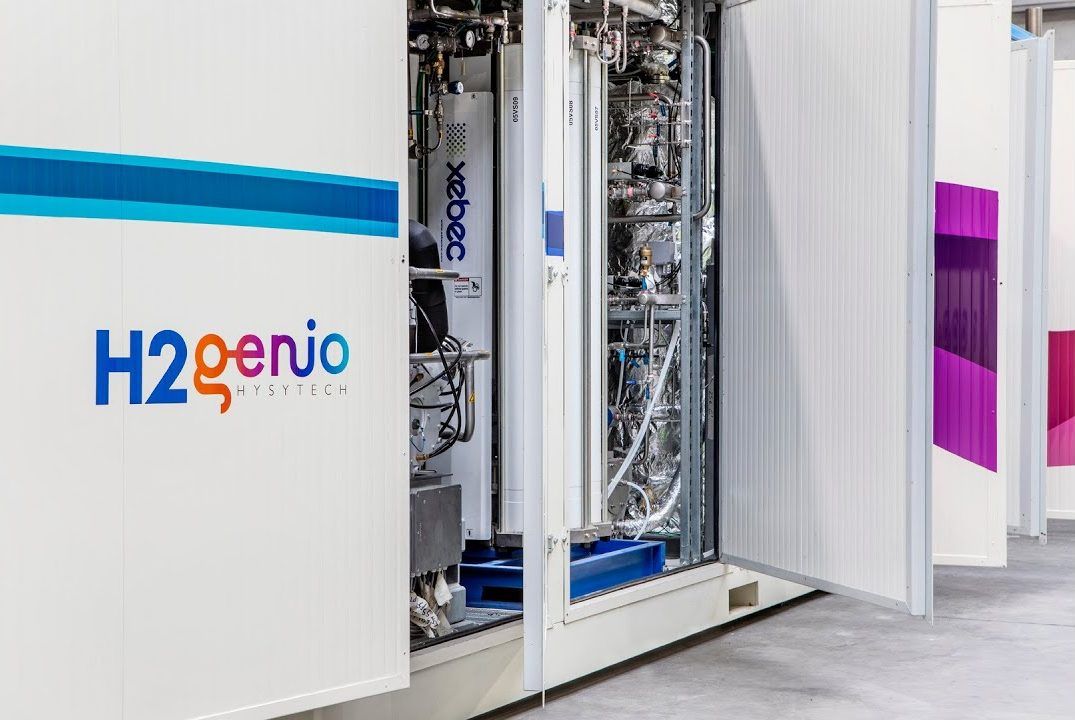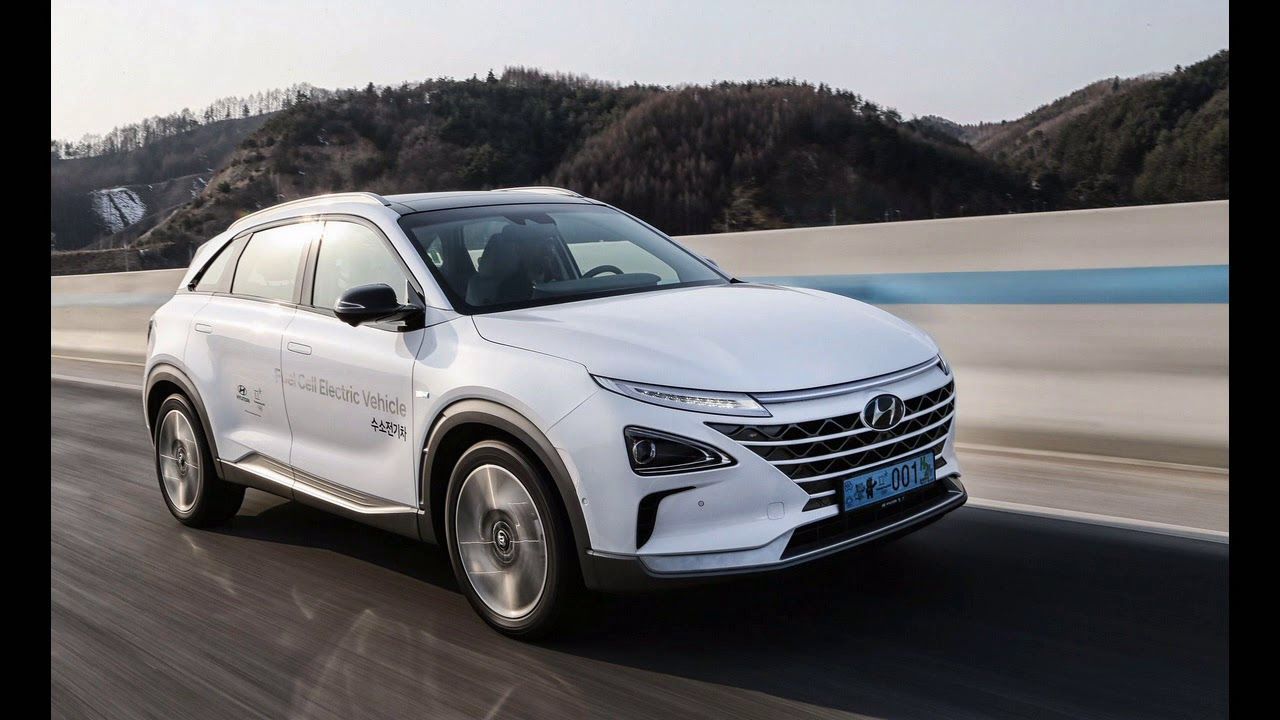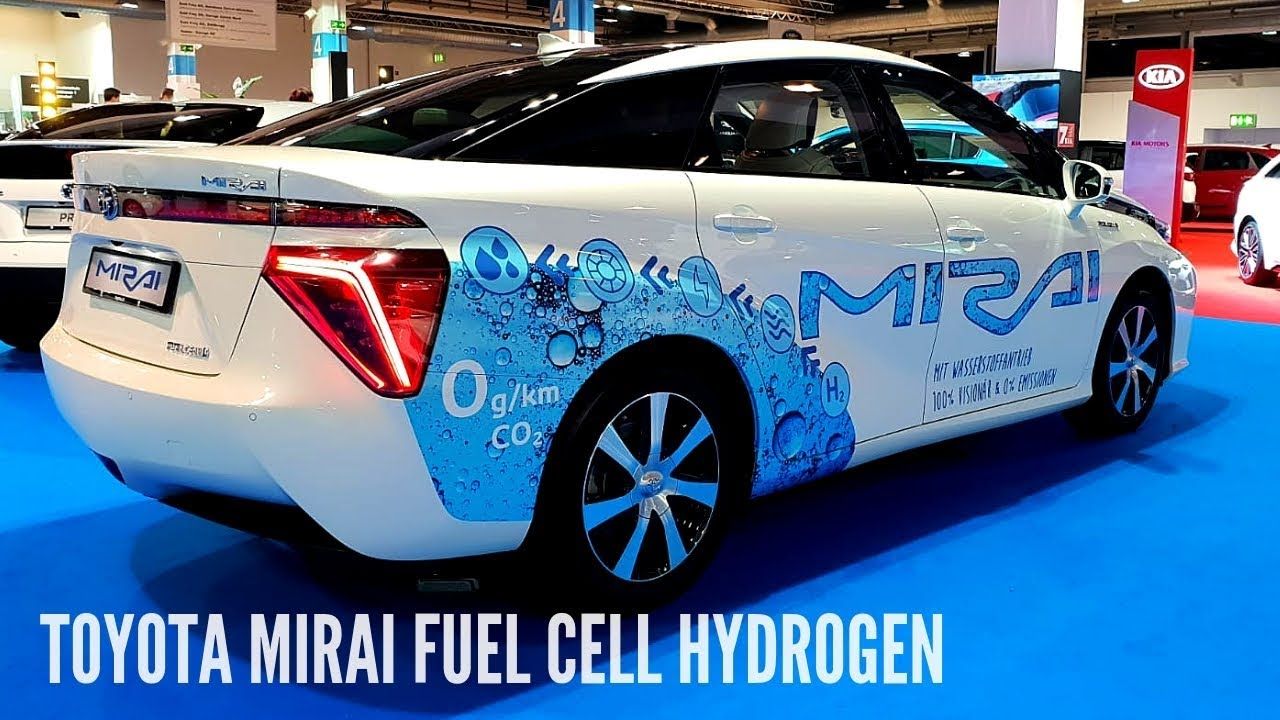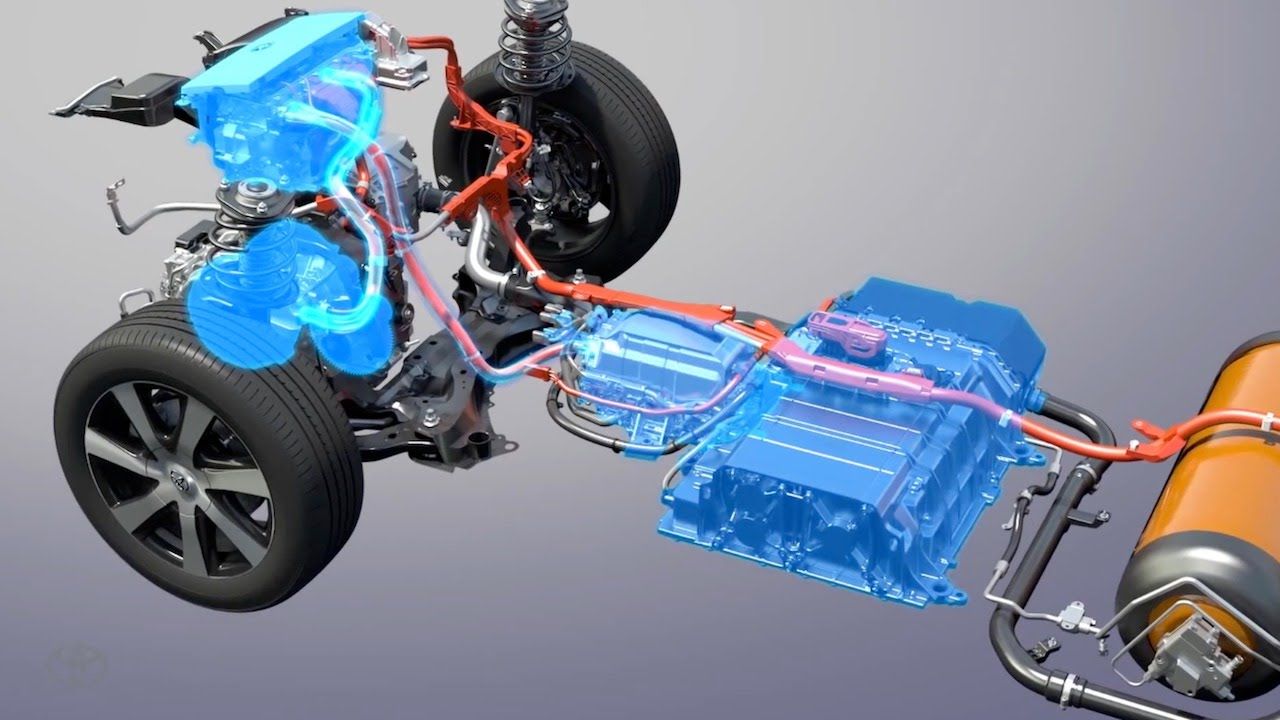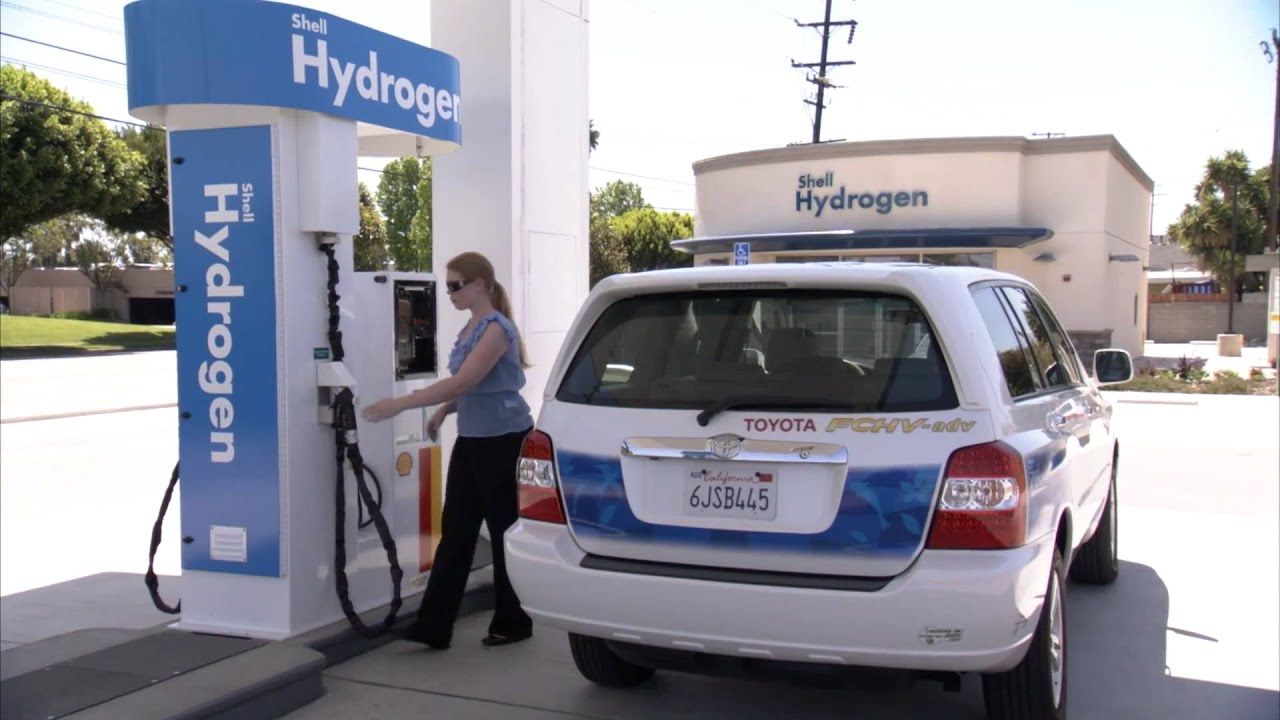Hydrogen cars are one of those technologies that show great promise. But it has a good many hurdles to overcome before it is truly viable. In many respects, it's a superior technology to electric vehicles and could eventually even replace them. But today, electric vehicles and their batteries are simply more advanced and mature than hydrogen. Some companies are betting only on electric technology thinking Hydrogen isn't viable (like Tesla), while others are investing heavily in the technology (like Nikola and even Japan).
Hydrogen-fueled cars have a proven technology, and they are in use today, but in very low numbers and very expensive. Today, countries and car companies all over the world are investing primarily in electric vehicles. But everyone is keeping an eye on hydrogen. Electric vehicles have made it for now, but hydrogen may yet prove to be the next big thing. Here are eight hurdles hydrogen must overcome to compete with electric vehicles.
8 Fuel Inefficiency
Currently, it is very inefficient to produce hydrogen. First, you need to have electricity. Electric vehicles can just absorb that straight into their batteries with very little electricity lost. But making hydrogen is a very energy-intensive process, meaning much of the energy you started with is lost.
Engineers are looking at ways to making it much more efficient in the future as well as using excess power from the grid, like peak solar power (that is currently being wasted anyway).
7 Transportation Costs
Hydrogen is extremely difficult to transport. Much more difficult than gasoline or diesel. This means it is also much more expensive. One solution is to make more of it locally, but with this, you lose economies of scale and so is also expensive.
While this may be a problem that can be overcome, it does pose a significant logistical and cost problem for now.
6 Brown Hydrogen
One of the main benefits of hydrogen is that it's a green energy source - or it is if the electricity that is used to create it also comes from green energy like wind or solar. However, at the moment, most hydrogen is brown hydrogen - produced with energy from fossil fuels like coal and natural gas and that undoes much of its appeal as a clean energy source
The good news is that the growth of green energy is accelerating and coal-powered plants are being retired. In the future, most hydrogen is likely to be "green hydrogen". Also, as more and more solar is installed, there is becoming a lot of excess power generated in the sunny parts of the day that needs to be used up. Making hydrogen with this excess power is one favored solution.
5 High Costs
Just about everything with hydrogen is expensive (except the water of course). Its energy intensiveness, transportation inefficiencies, and low economies of scale make it very expensive. To be competitive it will have to address these expenses.
Electric vehicles remain expensive on account of their battery. But the running costs are cheap because electricity is cheaper than gasoline. But with hydrogen, the running costs are again expensive. This cost of running the vehicles will form another disadvantage of hydrogen cars.
4 Sidelined To Electric Vehicles
Today the craze is electric vehicles, companies see that the future, for now, is electric vehicles. Consequently, hydrogen just isn't receiving nearly as much investment as electric technology, which also means it doesn't develop as quickly.
Still, there are strong currents around the world pushing hydrogen - including Japan who seems to think the future is hydrogen-fuelled vehicles and not electric vehicles and so is investing accordingly.
3 Hydrogen Power Train Is Expensive
Adding to the expense of hydrogen is that the fuel cell car's power train is also expensive to manufacture. While this is likely to decrease with economies of scale, it does pose a significant barrier to entry.
Currently, hydrogen vehicles are expensive, in the future, this may not be the case, but for now, it's a chicken and the egg problem that they will need to overcome as EVs have.
2 Lack of Infrastructure
There is a distinct lack of infrastructure in place for hydrogen cars. If you have a hydrogen car, where are you going to fill it or get it serviced? If there are only a dozen fuel stations in your state or even country then you are severely limited where you can go!
Most governments are more concerned about building infrastructure for electric vehicles and their charging stations. For hydrogen to take off, they will also need to invest in fuel stations.
1 Lack Of Confidence The Technology Is Viable Now
At the back of all this is a distinct lack of confidence that the technology is viable on a massive scale for this decade. For beyond 2030 for sure, but not now. And this very lack of confidence is hurting its growth and development.
No one wants to buy a really expensive car that turns out to be a lemon because it was 10 years ahead of its time.
In conclusion, hydrogen-fueled cars may turn out to be the next big revolution in the automobile industry after the adoption of electric vehicles, but to do that, they have many hurdles to overcome.

